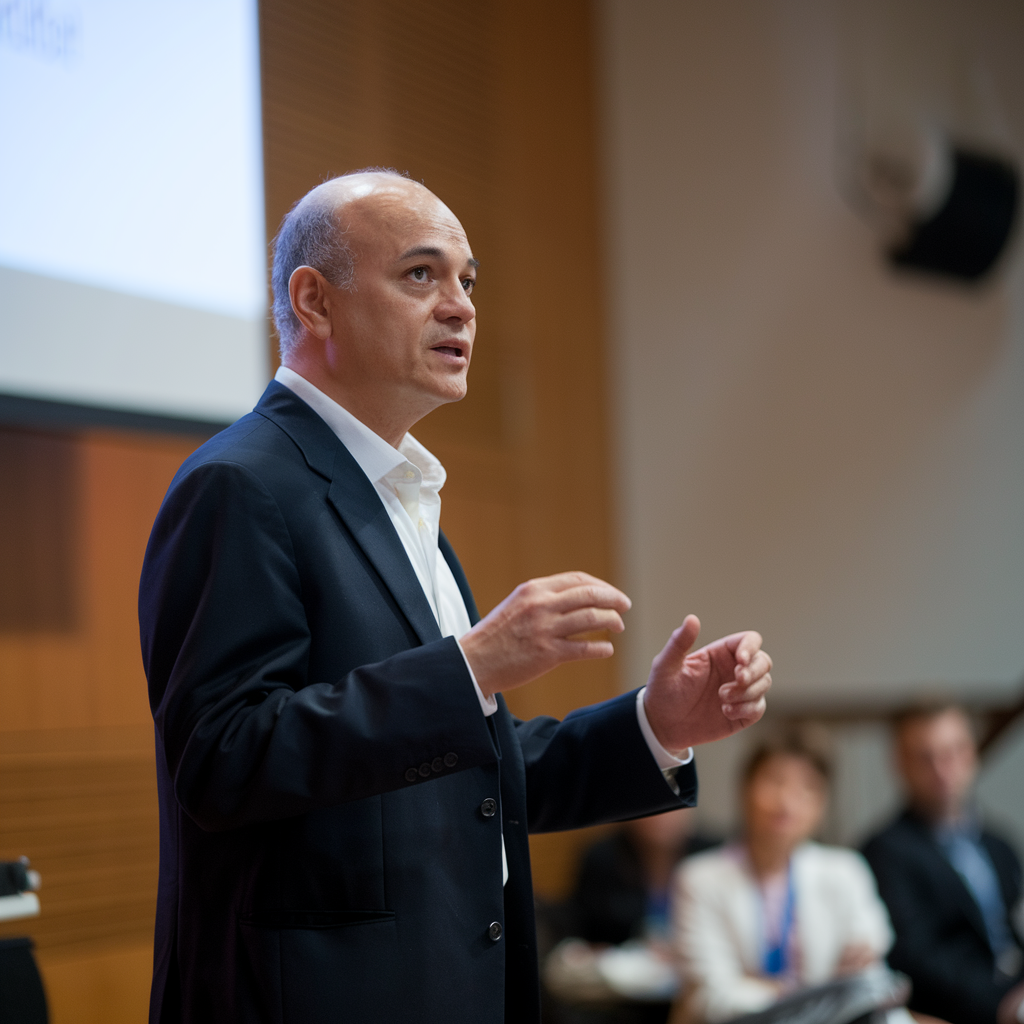Introduction
Nassim Nicholas Taleb, the renowned author, philosopher, and scholar, has consistently challenged conventional wisdom with his thought-provoking theories. One of his key ideas revolves around intervention—particularly the unintended consequences of human actions when trying to fix complex systems. In this article, we delve into the concept of Taleb on intervention, examining his principles, the dangers of excessive interference, and the real-world implications of his theories.
Table of Contents
The Philosophy of Taleb on Intervention
Nassim Nicholas Taleb’s work emphasizes the unpredictability of complex systems and the potential harm caused by well-meaning interventions. His philosophy underscores the idea that humans often overestimate their ability to control outcomes while underestimating the complexity of systems they interfere with. According to Taleb on intervention, there are several key principles that govern whether an intervention is likely to succeed or fail:
- Fragility vs. Antifragility
Taleb introduces the concept of antifragility, which describes systems that thrive and grow stronger under stress or adversity. Interventions, he argues, should aim to enhance antifragility rather than create fragility. For instance, removing obstacles that promote natural resilience can lead to unintended consequences, such as making an ecosystem more vulnerable to disruptions. - The Problem of Over-Optimization
In his works, including The Black Swan and Antifragile, Taleb critiques the tendency of interventions to focus narrowly on short-term solutions. He highlights how excessive optimization often weakens the overall system. For example, heavily regulating markets may reduce volatility in the short term but can lead to catastrophic collapses later on. - Second-Order Effects
Taleb on intervention warns against ignoring second-order effects—unintended consequences that arise from tampering with complex systems. He argues that these effects often outweigh the initial benefits of the intervention.
The Dangers of Unnecessary Interventions
Interventionism can often stem from a misplaced sense of control. According to Taleb on intervention, well-intentioned actions can exacerbate problems rather than solve them. Several real-world examples illustrate this:
- Economic Policies
Overregulation or stimulus measures aimed at stabilizing an economy can sometimes create more instability. Taleb uses the 2008 financial crisis as a case study, pointing out how excessive intervention by central banks and governments amplified systemic risks. - Health and Medicine
In healthcare, interventions such as overprescribing medications can lead to drug-resistant bacteria or unintended side effects. Taleb highlights how minimal interference often proves more beneficial in cases where natural healing processes are at work. - Environmental Interventions
Human attempts to control nature—like introducing invasive species to manage pests—have repeatedly shown how interventions can spiral into ecological disasters. This aligns with the Taleb on intervention principle of respecting the natural balance of systems.
When Is Intervention Justified?
While Taleb critiques unnecessary meddling, he acknowledges that certain interventions are both necessary and beneficial. The key lies in understanding the nature of the system and the potential risks involved.
- Skin in the Game
A recurring theme in Taleb’s philosophy is the concept of “skin in the game.” He argues that decision-makers must bear the consequences of their actions. In the context of Taleb on intervention, this principle ensures accountability and discourages reckless interference. - Lindy Effect
Taleb’s Lindy Effect suggests that the longer something has existed, the more likely it is to endure. Interventions that disrupt time-tested systems are more likely to fail. For instance, traditions and cultural practices often carry evolutionary wisdom that should not be dismissed lightly. - Understanding Optionality
Interventions should maximize optionality, meaning they should create more opportunities for adaptation rather than locking systems into rigid structures. Taleb champions flexibility and the ability to respond to unforeseen challenges.
Real-World Applications of Taleb on Intervention
1. Economic Resilience
The global financial system often grapples with the consequences of excessive intervention. Taleb’s theories advocate for decentralization and smaller-scale experiments to minimize systemic risks. For instance, local currencies and community-based economies align with the Taleb on intervention principle of reducing fragility.
2. Public Policy
Policy-makers can apply Taleb’s insights by focusing on fostering robustness and adaptability rather than micromanaging outcomes. This might include encouraging grassroots initiatives instead of imposing top-down solutions.
3. Personal Decision-Making
On an individual level, Taleb on intervention offers valuable lessons for personal growth and resilience. By embracing uncertainty and avoiding unnecessary overplanning, individuals can navigate life’s complexities more effectively.
Criticisms and Misinterpretations of Taleb on Intervention
While Taleb’s ideas are widely acclaimed, they are not without controversy. Critics argue that his skepticism of intervention can sometimes verge on fatalism, discouraging proactive measures. Others point out that his theories may oversimplify certain situations, particularly in cases where inaction carries its own risks.
Despite these critiques, Taleb on intervention remains a powerful framework for understanding the dynamics of complex systems and the perils of unintended consequences.
Also Read: How is Trevors Story Impactful: A Deep Dive
Conclusion
Nassim Nicholas Taleb’s insights into intervention challenge us to rethink our approach to problem-solving. His emphasis on antifragility, accountability, and respect for complexity provides a roadmap for navigating the uncertainties of modern life. Whether in economics, healthcare, or personal decisions, the principles of Taleb on intervention encourage us to act with humility and foresight, recognizing that less is often more when dealing with intricate systems.
By applying these lessons, we can avoid the pitfalls of overreach and build systems that are not only resilient but also capable of thriving in the face of adversity.


